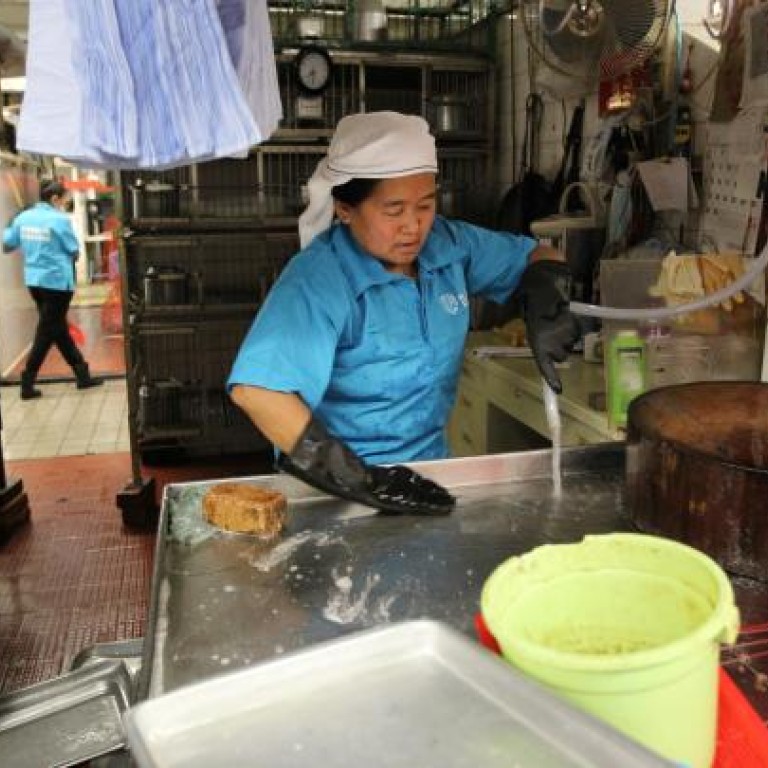
Hong Kong tightens surveillance on bird flu risk areas
Authorities keep closer eye on people and poultry coming into city, while speeding up testing processes as cases mount across the border
The government will step up surveillance of travellers and poultry in the face of a worsening outbreak of the fatal H7N9 bird flu virus on the mainland.

During the next few days, preparations will be made to reduce the testing time needed to identify the H7N9 virus from a few days to 24 hours.
From next week, officers will also be able to carry out the speedier tests on live chickens at the Man Kam To control point. Should any poultry be found to be infected, importing of mainland poultry would stop and local birds would be culled.
During the past three years, no poultry or wild birds have been detected with the virus.
"Eastern China [where the virus broke out] does not export poultry products to Hong Kong," Ko said, adding that the city's imports come from Guangdong and Hainan provinces.
To assist identification of human cases, an additional 40 people will be sent to border points today to carry out temperature checks using hand-held devices.
Despite the flu's high mortality rate - six people out of 16 infected have died - the government gave an assurance that Tamiflu was an effective treatment. Centre for Health Protection controller Dr Leung Ting-hung said there were 17 million doses of the flu drug in the city.
People going to areas affected by the flu outbreak have been advised not to touch or eat wild animals and not to visit zoos or wet markets.
Liu Shao-haei, the Hospital Authority's chief manager of infection, emergency and contingency who led a team of six experts to Shanghai, returned to Hong Kong yesterday.
"There is no indication of human-to-human transmission, but we need to collect more information for further research," he said.
Those who contracted the H7N9 virus suffered from serious pneumonia, Liu said. "Because it is influenza type A, the initial symptoms are usually related to the respiratory tract," he said.
Yesterday, a seven-year-old Hong Kong girl who travelled to Shanghai at the end of March was isolated in Queen Elizabeth Hospital's department of paediatrics with flu-like symptoms and fever. She was given the all-clear, however, after tests.
Mainland authorities meanwhile found the H7N9 virus in a sample taken from a pigeon in a Shanghai wholesale market. The strain was very similar to the strain that infected humans.
Imports of pigeons to Hong Kong fluctuate and in the past three days varied from 600 to 2,511. A stall selling cooked poultry near the Bowrington Road Market in Wan Chai found sales of baby pigeons slow yesterday.

